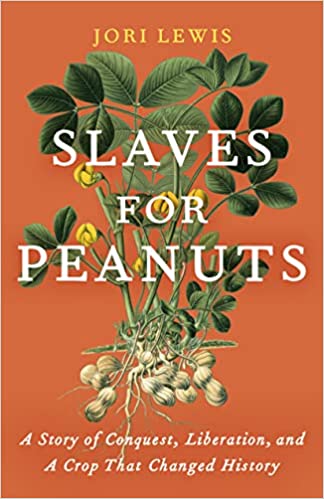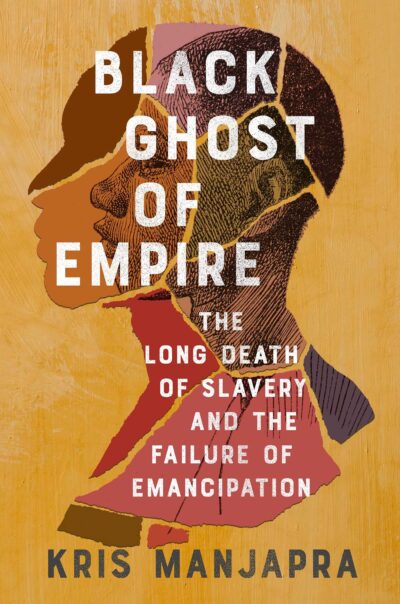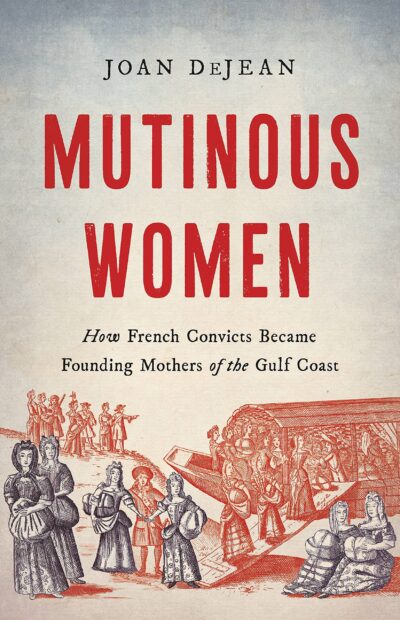Are you ever faced with construction at your local library? It’s nice to be in a city with many library branches, but at my wife’s and my old apartment, the library was closed for a year for remodeling, then we moved, and now the branch near our new place is about to close down for an undetermined amount of time. I’m glad it’s getting attention, but also my physical HOLDS. Where will I get them? Somewhere I have to take a bus to? Booooo.
In related news, boy, do I love ebooks. Also new books! Sometimes these coincide. Here are the nonfiction new release highlights for this week:

Slaves for Peanuts: A Story of Conquest, Liberation, and a Crop That Changed History by Jori Lewis
Is the only peanut fact you know about George Washington Carver? Ok, well in Jori Lewis’s super interesting book, she looks at how the demand from the European soap industry for peanut oil extended slavery in West Africa into the twentieth (yes, twentieth) century. It’s about enslavement and imperialism and plants and I love this cover v much.

¡Andale, Prieta!: A Love Letter to My Family by Yasmín Ramírez
Ok, I have to use a quote from the author for this: “When I tell people who don’t speak Spanish what prieta means–dark or the dark one–their eyes pop open and a small gasp escapes … How do I tell them that now, even after the cruelty of children, Prieta means love? That each time Prieta fell from my grandmother’s lips, I learned to love my dark skin.” This is a memoir that covers Ramírez’s return home to Texas and mourning of her grandmother. What I’ve read of it, I love.

Black Ghost of Empire: The Long Death of Slavery and the Failure of Emancipation by Kris Manjapra
Historian Manjapra studies transnationalism, race, and colonialism. His latest focuses on emancipation, detailing five types, starting in the 1770s and going through the 1880s. These include “the Gradual Emancipations of North America, the Revolutionary Emancipation of Haiti, the Compensated Emancipations of European overseas empires, the War Emancipation of the American South, and the Conquest Emancipations that swept across Sub-Saharan Africa.” However, none of these “required atonement for wrongs committed, or restorative justice for the people harmed.” Sometimes you can see the solution or even just the failings of something by looking at historical patterns, and Manjapra lays the pattern out here.

Mutinous Women: How French Convicts Became Founding Mothers of the Gulf Coast by Joan DeJean
This is one those me picks. It starts in 1719! 132 women (called “cassette girls”) were sent from France to towns and villages bordering the Mississippi River. These women were “falsely accused of sex crimes” and sent as prisoners to provide women for the new colonies after being pulled from orphanages, workhouses, and prisons. Of 132 women, 62 survived, or only 47%. This is the story of how they got to America and what they did when they got there.
Don’t forget you can get three free audiobooks at Audiobooks.com with a free trial!
For more nonfiction reads, check out the For Real podcast which I co-host with the excellent Kim here at Book Riot. If you have any questions/comments/book suggestions, you can find me on social media @itsalicetime. Until next time, enjoy those facts, fellow nerds.